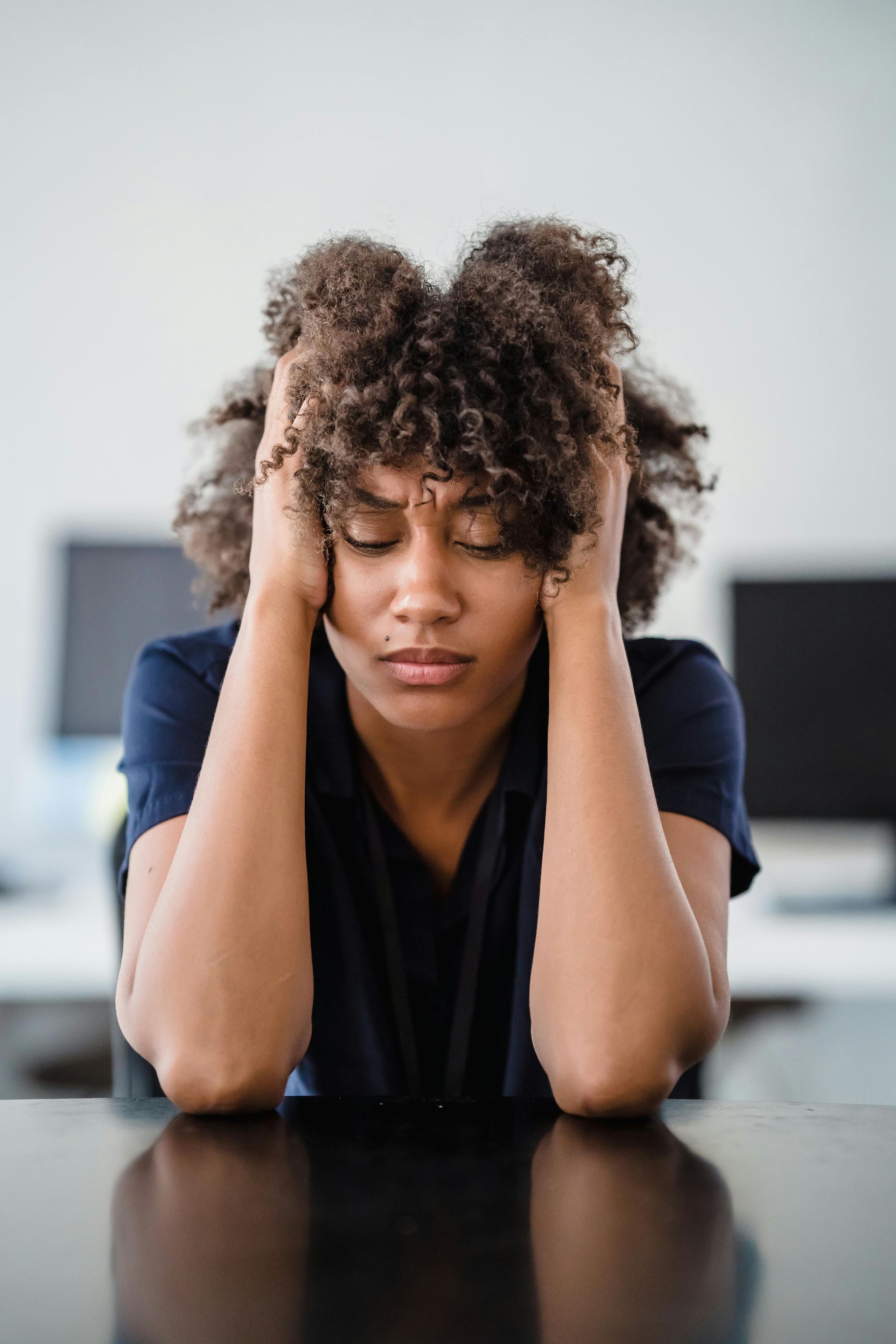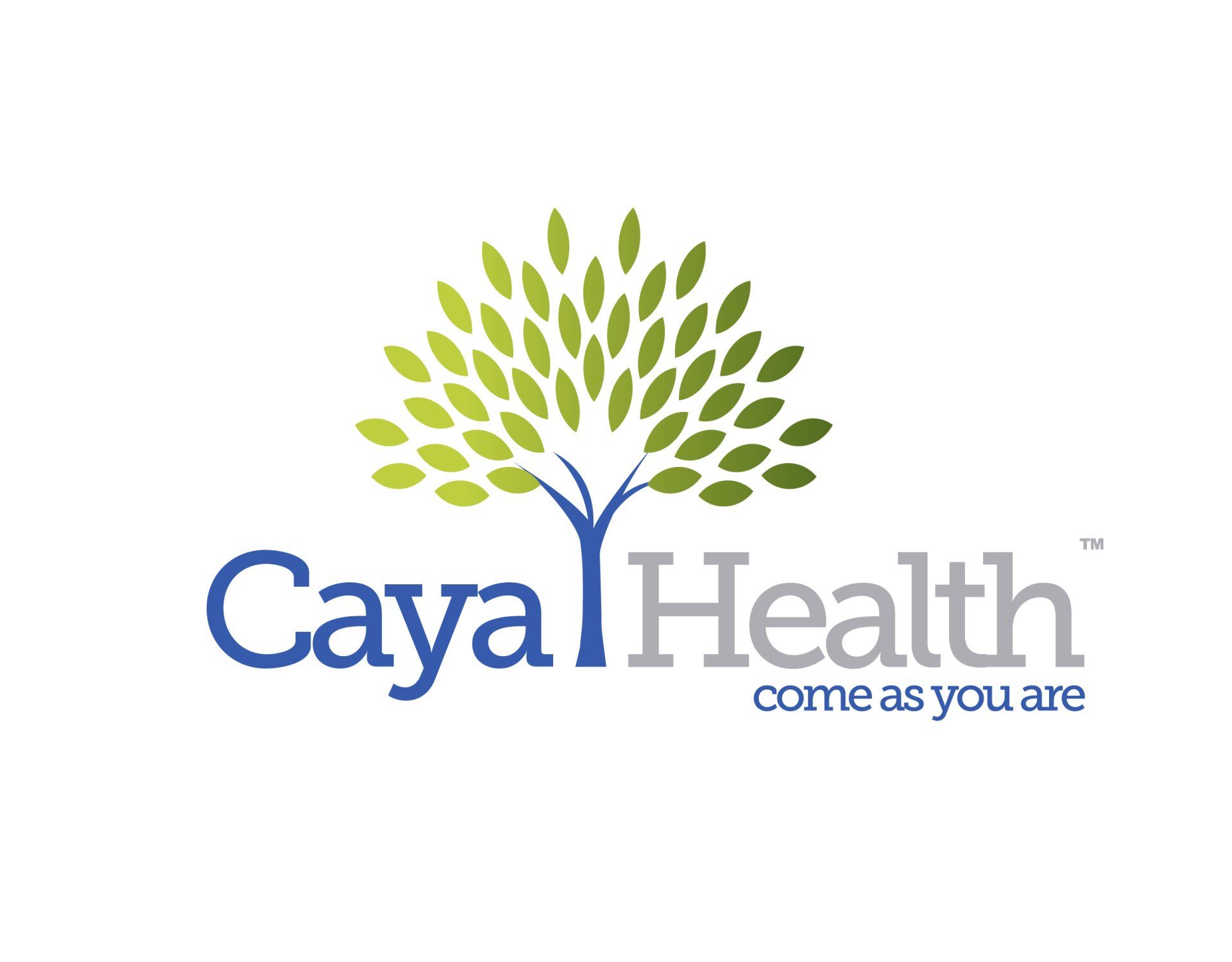Depression and Anxiety...Are they related?

In today’s fast-paced world, mental health has become a vital part of the overall wellness conversation. Among the most commonly discussed—and often misunderstood—conditions are anxiety and depression. They are frequently mentioned together, but are they actually related? The short answer is: yes, they are connected—but let’s dig into the how and why.
Understanding Anxiety and Depression
Anxiety is characterized by excessive worry, nervousness, or fear. It’s your body’s natural response to stress, but when it becomes chronic or overwhelming, it can interfere with your daily life. Depression, on the other hand, is marked by persistent sadness, loss of interest in previously enjoyed activities, fatigue, and even physical symptoms like changes in appetite or sleep. Although they are distinct conditions with different diagnostic criteria, they often coexist.
The Overlap: Why They Often Appear Together
Studies show that around 50% of people diagnosed with depression also experience symptoms of anxiety. This overlap is known as comorbidity.
Here’s why they often go hand-in-hand:
- Shared biology: Imbalances in brain chemicals like serotonin, dopamine, and norepinephrine are involved in both anxiety and depression.
- Similar life triggers: Trauma, chronic stress, or major life changes (like a breakup, job loss, or illness) can trigger both conditions.
- Cognitive patterns: People with depression often experience negative thought loops, which can lead to anxious rumination—and vice versa.
- Impact on daily functioning: Living with one condition can make you more vulnerable to the other. For example, constant anxiety can wear down emotional resilience, increasing the risk of developing depression.
Treatment Options
The good news is: both conditions are treatable, and often with similar methods.
- Therapy: Cognitive Behavioral Therapy (CBT) is highly effective for both anxiety and depression. It helps reframe negative thought patterns and build healthier coping strategies.
- Medication: Antidepressants (like SSRIs) are commonly prescribed for both disorders.
- Lifestyle: Regular exercise, a healthy diet, good sleep, and mindfulness practices can significantly reduce symptoms.
Treatment is most effective when it’s tailored to the individual, so it’s important to consult with a mental health professional for a proper diagnosis and plan.
When to Seek Help
If you’re feeling overwhelmed, stuck in a cycle of worry or sadness, or noticing changes in your behavior or emotions that won’t go away, it’s time to reach out. You don’t have to wait until things get unbearable. The earlier you seek help, the sooner you can start to feel better. Anxiety and depression are deeply connected, but they don’t define who you are—and you’re certainly not alone. Understanding the relationship between the two is the first step toward healing. Remember: asking for help is not a weakness—it’s a strength. Mental health matters, and support is always within reach. So, if you or someone you love is suffering from anxiety or depression call Caya Health today for a consultation. At Caya Health, our expert caregivers provide compassionate, specialized care for individuals of all ages—from young children to seniors. What sets us apart is our integrated approach, combining medical and behavioral health services to deliver whole-person care backed by evidence-based best practices. So, why wait? Call us today at 407-559-7011 and be on your way to better health!

















